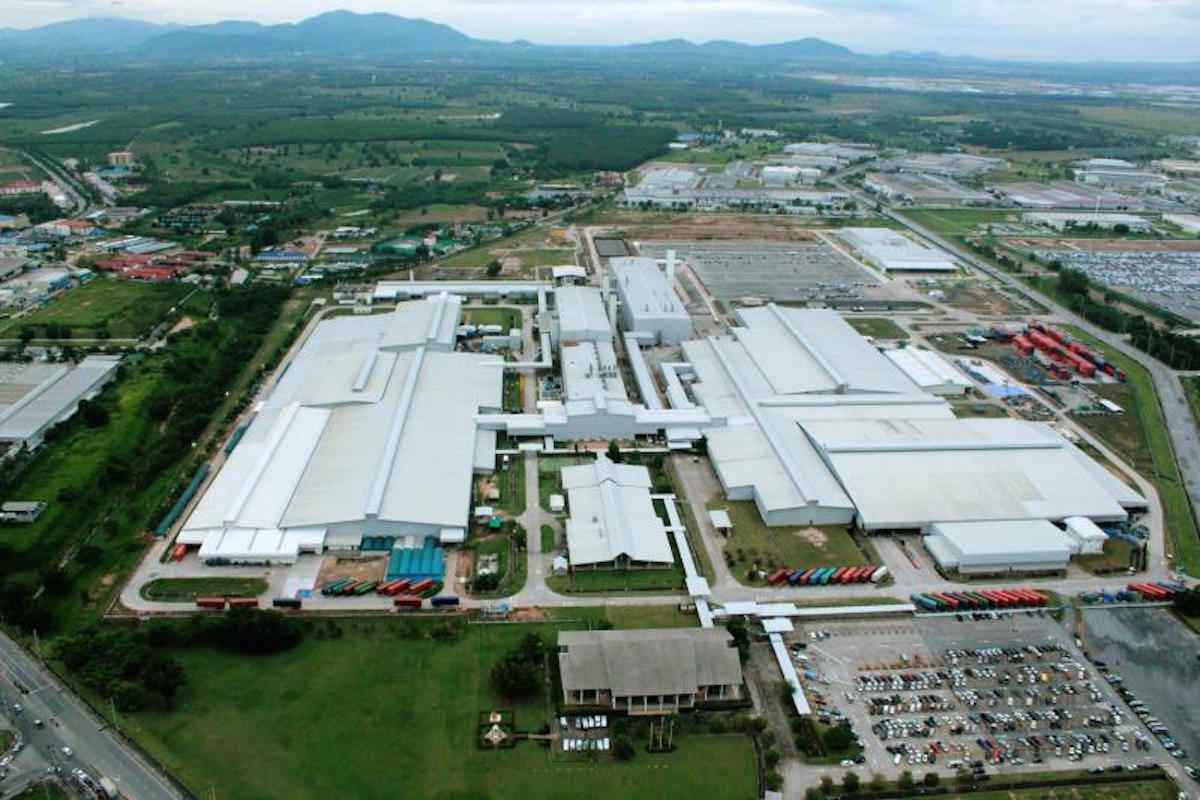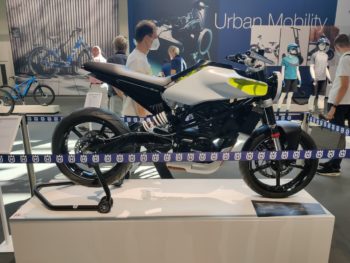The Thailand government has announced that policies are in place to make the country a hub for the electric vehicle and motorcycle in the ASEAN region. This is on the back of encouraging signs for the EV market of Thailand last year. The Electric Vehicle Association of Thailand (EVAT) had said that a new record was achieved in EV sales in 2019. Department of Land Transport statistics show that there were 2,854 electric vehicle registrations last year, including 1,572 new cars, a 380% increase from 2018 when just 325 were registered.
Deputy Prime Minister and Chairman of the National Electric Vehicle Policy Committee Somkid Jatusripitak announced plans at the Government House on Wednesday, 11th March 2020. Mr Jatusripitak said that policies will be implemented by respective teams to make Thailand an electric vehicle production base within five years. The strategies will be implemented by the Industry Ministry, the Energy Ministry and the Transport Ministry.
Plans to make Thailand the electric vehicle hub include use of electric vehicles by government organisations and state enterprises, launching electric buses and electric motorcycle taxis, installing charging stations, promotional privileges for electric vehicles and batteries.
To promote the electric vehicle economy, Thailand government announced privileges in 2017 for electric vehicle and parts makers including hybrid, plug-in hybrid and battery electric segments. The incentives include tax exemptions of 5-8 years and import duty exemptions for cars and machinery. There is a roadmap drawn up by the government to promote EVs with a target to produce 250,000 EVs, 3,000 electric public buses and 53,000 electric motorcycles by 2025 in the country. Major Asian brands have production lines in Thailand including Suzuki, Toyota, Nissan, Isuzu, Mitsubishi and Honda which build a variety of vehicles from compact city cars to pickup trucks.
By the year 2030, the government plans to increase the EV production to 30 per cent of the total car production, which will be about 750,000 units, as communicated by Thailand’s Industry Minister Suriya Juangroongruangkit. He further stated that the ministry is looking to launch a three-year trade-in scheme, where customers exchange their old motorcycle and buy a new electric one for a subsidy of 15,000 baht per motorcycle from a planned budget of 750 million baht. The private sector is expected to chip-in by preparing the nation’s charging infrastructure for the influx of battery electric models.
While mainstream players figure out their electrification strategy aligning with Thai consumer acceptance, entrepreneurs like Piriya Chitpranee are working in their own way to put electric vehicles in the minds and parking lots of Thai residents.
[Source: bangkokpost.com]

![BMW CE 04 electric scooter prices start at £11,700 [Update]](https://electricvehicleweb.com/wp-content/uploads/2021/07/BMW-CE-04-in-motion-350x259.jpg)
![New details available on the Kawasaki electric bike [Update]](https://electricvehicleweb.com/wp-content/uploads/2020/04/Kawasaki-EV-Endeavor-side-view-350x238.jpg)
